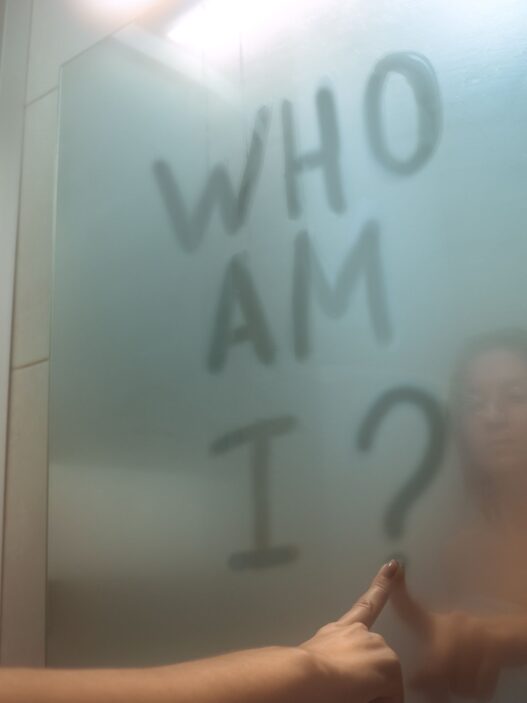I had three weeks until I moved to North Carolina. I was starting a master’s program, moving out of state, and bracing for big change.
Then I got the email.
It was from the Director of Graduate Studies, welcoming everyone to the program. The university letterhead was official.
Orientation details were clear. It was real now. But instead of feeling excited, I found myself wondering:
“Who are these 14 other people CC’d on this email?”
I clicked on each name in Gmail, checking for profile pictures. Then I searched Facebook. I scanned LinkedIn bios. I peeked at Instagram posts. I even Googled a few. Before I had met a single one of them, I had built a mental profile for all 14.
It wasn’t my proudest moment. But if you’re honest, you’ve probably done something similar.
The Rise of Virtual Front-Loading
Virtual front-loading is the act of extensively researching someone online before you meet them in person. It can feel harmless, even responsible. But in many cases, it short-circuits the natural process of getting to know people.
We’re curious creatures. We want to feel secure. We want to belong. Our brains are wired to reduce uncertainty, and in the past, that meant we had to talk to people. Now, it means Googling them.
From couchsurfing hosts to co-workers, we’ve become Lewis and Clark with cracked phone screens and Wi-Fi. And it’s affecting how we form relationships.
The Research Says It’s Not Helping
Stanford professor Paolo Parigi studied users on Couchsurfing.com – a platform where people offer free lodging to travelers. He found something surprising:
“When the couch surfer had more information about the other person beforehand, the resulting friendship was weaker.”
— as cited in Clay Skipper’s piece, “Why the Sharing Economy Is Making All of Us More Lonely”
In short, more research = less real connection.
The more you think you know, the more expectations you form. The more expectations you form, the less open you are to being surprised. And expectations, especially in early relationships, often lead to disappointment or misjudgment.
What Digital Sleuthing Replaces
Virtual front-loading skips over small discoveries.
It replaces serendipity.
It prevents moments like:
- “Wait — you love Disney World too?”
- “You’re the youngest sibling? Same here.”
- “You watch that show? I didn’t expect that.”
We’re less likely to feel those organic sparks when we walk into a room already thinking we know the story.
Face-to-Face > Scroll-to-Scroll
We interpret things differently when they’re said in person.
A line in someone’s Instagram bio might read as arrogant online but come across as vulnerable in conversation.
In-person, you see body language. You hear tone. You feel energy.
That context matters. Without it, we fill in the blanks with assumptions.
A Question Worth Asking
How are you getting to know people in your life?
When we rely on digital research, we often start labeling people before we meet them. It might feel like preparation but we’re missing the chance to let relationships unfold naturally.
We’re trading connection for control.
What to Do Instead
Not all digital sleuthing is bad. If you’re preparing for an interview, moving in with a roommate, or navigating safety concerns. Yes, do your homework.
But when it’s not necessary, maybe we can practice embracing the unknown.
- Leave some mystery intact
- Let conversations surprise you
- Show up with curiosity, not conclusions
We can know less going in and still come away with more.
























